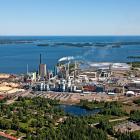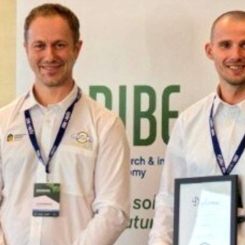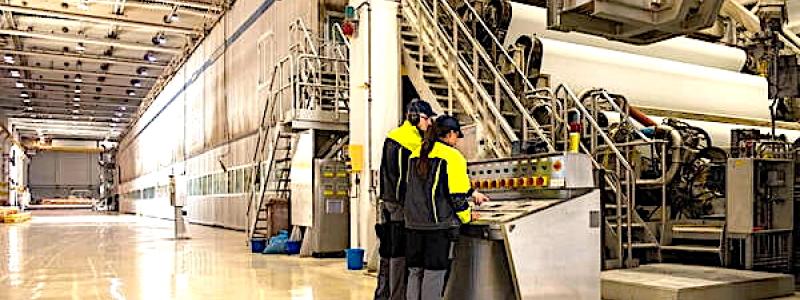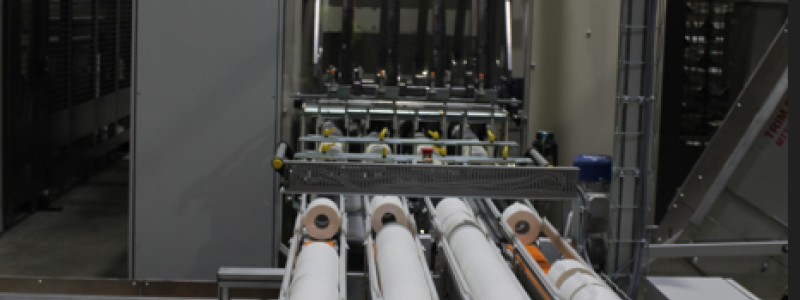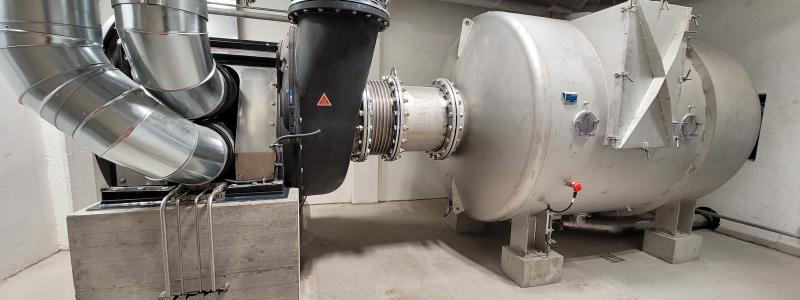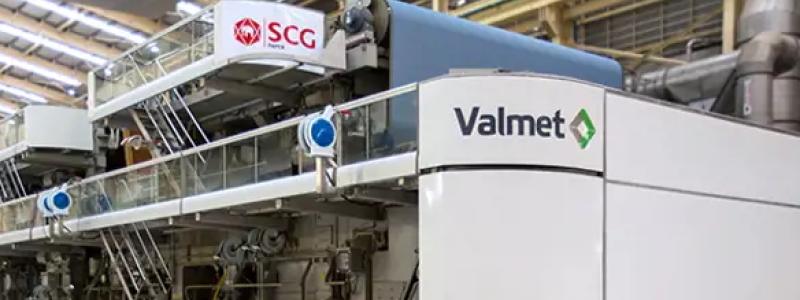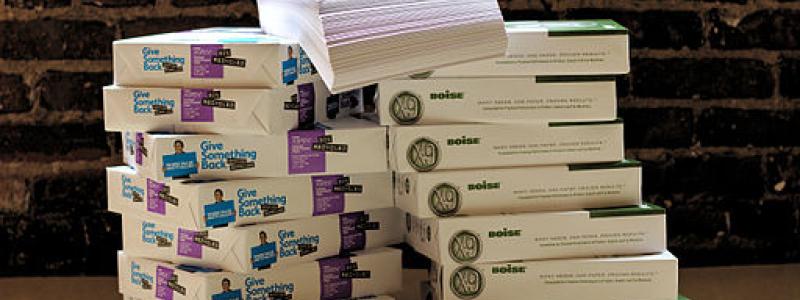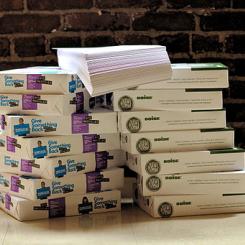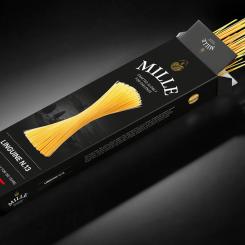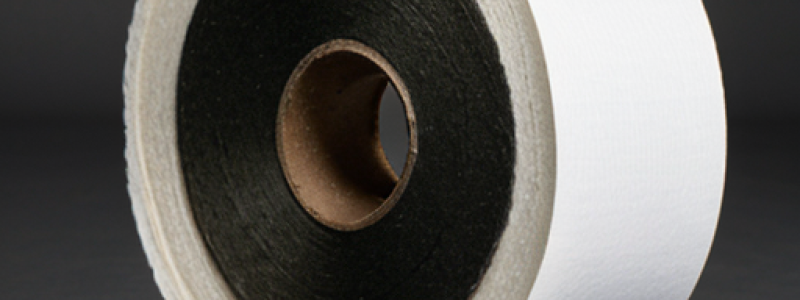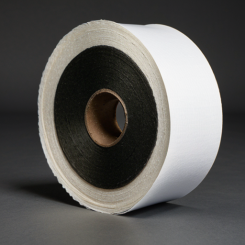World Resources Institute (WRI) lists three key developments of the forest products industry, in the light of Asia Pulp & Paper (APP) anti-deforestation pledge last month. APP’s announcement to not longer harvest natural forests in Indonesia was received with guarded optimism by Greenpeace, Rainforest Action Network, World Wildlife Fund, and other NGO’s. These key developments include
1) Global Supply Chains Under Scrutiny
Gone are the days when companies could buy from suppliers without due diligence. More and more business leaders are recognizing that their supply chains are under constant scrutiny.
Furthermore, forest products companies face new laws designed to crack down on the trade in illegal timber, such as the U.S. Lacey Act, the European Union Timber Regulation, and the Illegal Logging Prohibition in Australia. In a recent high-profile example, Gibson Guitar faced legal action under the Lacey Act for importing illegal wood into the U.S.
2) “Eyes in the Sky” for Forests
Monitoring has historically been a stumbling block for “no-deforestation” commitments. Companies like APP operate in remote regions, and it can be prohibitively expensive to send teams of auditors deep into the forest to verify companies’ claims. Satellite technology offers a way to monitor forests from afar, but imagery can be expensive, hard to analyze, and out-of-date.
Enter Global Forest Watch 2.0, a near-real-time forest monitoring system to be released this spring by WRI and a host of global partners. This free, easy-to-use platform provides interactive maps of the world’s forests that are updated every 16 days. Systems like GFW 2.0 will allow anyone, anywhere to monitor APP’s progress on its commitments, with tools as basic as a computer and an internet connection.
3) Fiber Under the Microscope
A suite of new technologies known as fiber analysis allows companies and watchdog groups to test products for “mixed tropical hardwoods,” or MTH, which typically indicates wood harvested from natural tropical forests. Laboratories use high-powered microscopes and tests to determine the composition of the wood, including whether the paper is made from plantation or wild trees, and in some cases, if it contains endangered or protected species.


